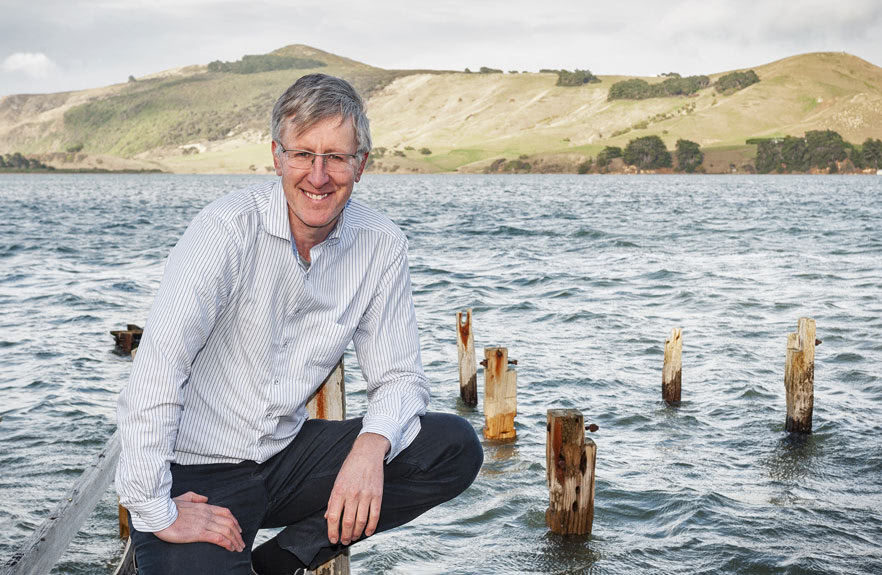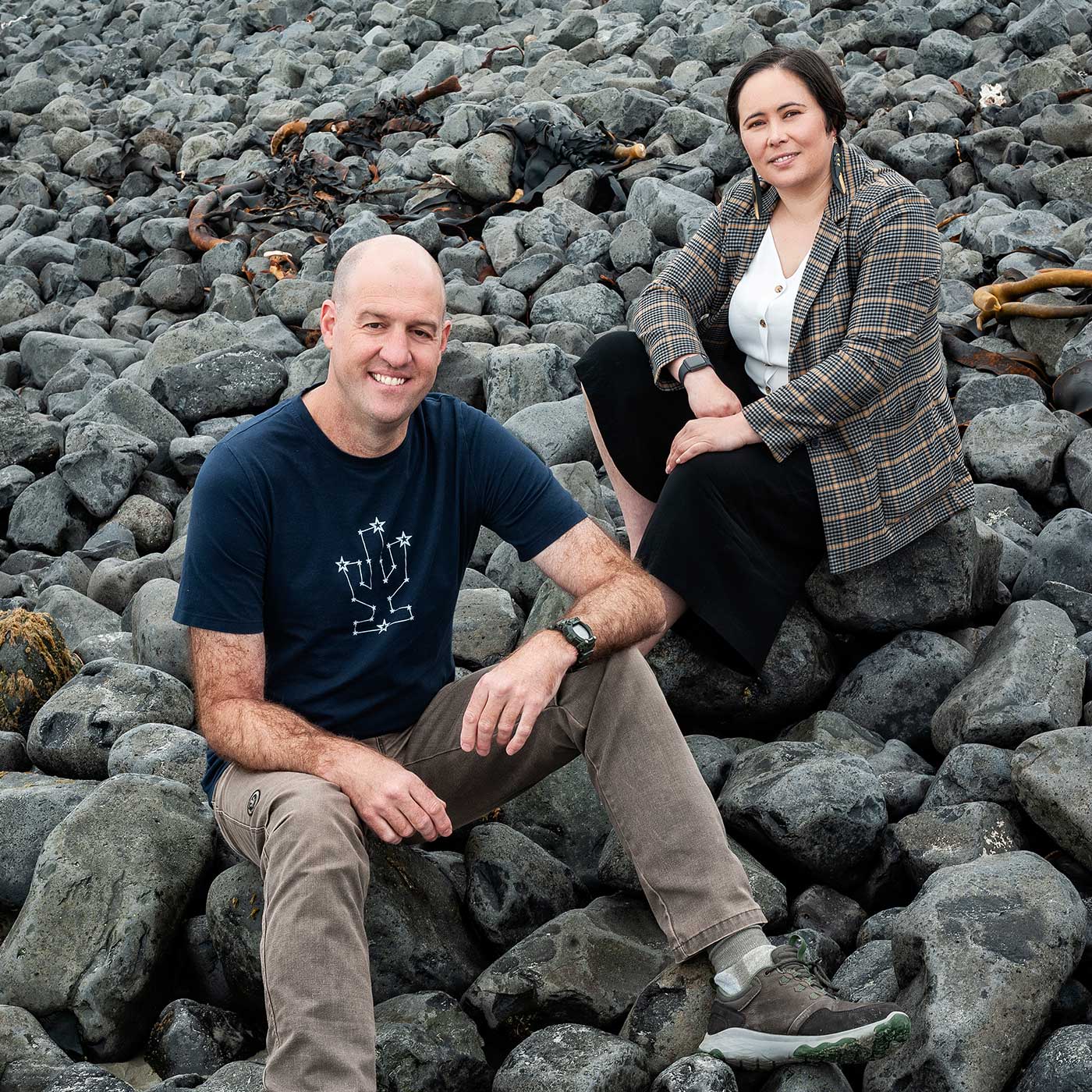Opinion
Sustaining tourism
 Professor James Higham: “We need to foster the sort of tourism that brings us the greatest end benefits.”
Professor James Higham: “We need to foster the sort of tourism that brings us the greatest end benefits.”
As crippling as COVID-19 has been for the tourism industry, it has provided an opportunity to completely reset tourism post-pandemic.
That's the view of Professor James Higham (Tourism), who says that we need to establish a visionary future for tourism that is sustainable, resilient to future bio-shocks, and climate safe.
“We need to move away from 20th century, depletive, mass tourism to 21st century, sustainable tourism,” Higham says. “We need to find ways of earning tourism GDP with a scaled-down carbon footprint. We need to foster the sort of tourism that brings us the greatest end benefits.”
He suggests that New Zealand should be looking at the net benefit of different tourists in terms of their positive and negative social, economic and environmental impacts.
“Our research critically profiles key tourism sectors and discrete markets, so that we can start to target the markets that most benefit us. Equally, there are markets that we may want to strategically reduce in importance, because they have relatively low economic benefits, and high social or environmental costs,” Higham says.
He cites the example of tourists flying here from the other side of the world having a much higher carbon footprint than domestic tourists and those from the eastern seaboard of Australia.
Similarly, weighing into the debate over well-heeled versus shoe-string-budget tourists, he says that backpackers, for example, have a much lower carbon footprint, greater economic benefit over a longer period, support regional economies because they are more geographically dispersed, and are an important source of seasonal labour. “The complete opposite of cruise-ship passengers in every respect.”
Specific changes, he suggests, include transitioning tourists away from fossil-fuelled transport modes, requiring tourists to offset their unavoidable carbon emissions, encouraging them onto walking and cycle trails, and supporting regenerative tourism businesses that incorporate conservation projects into their visitor activities.
